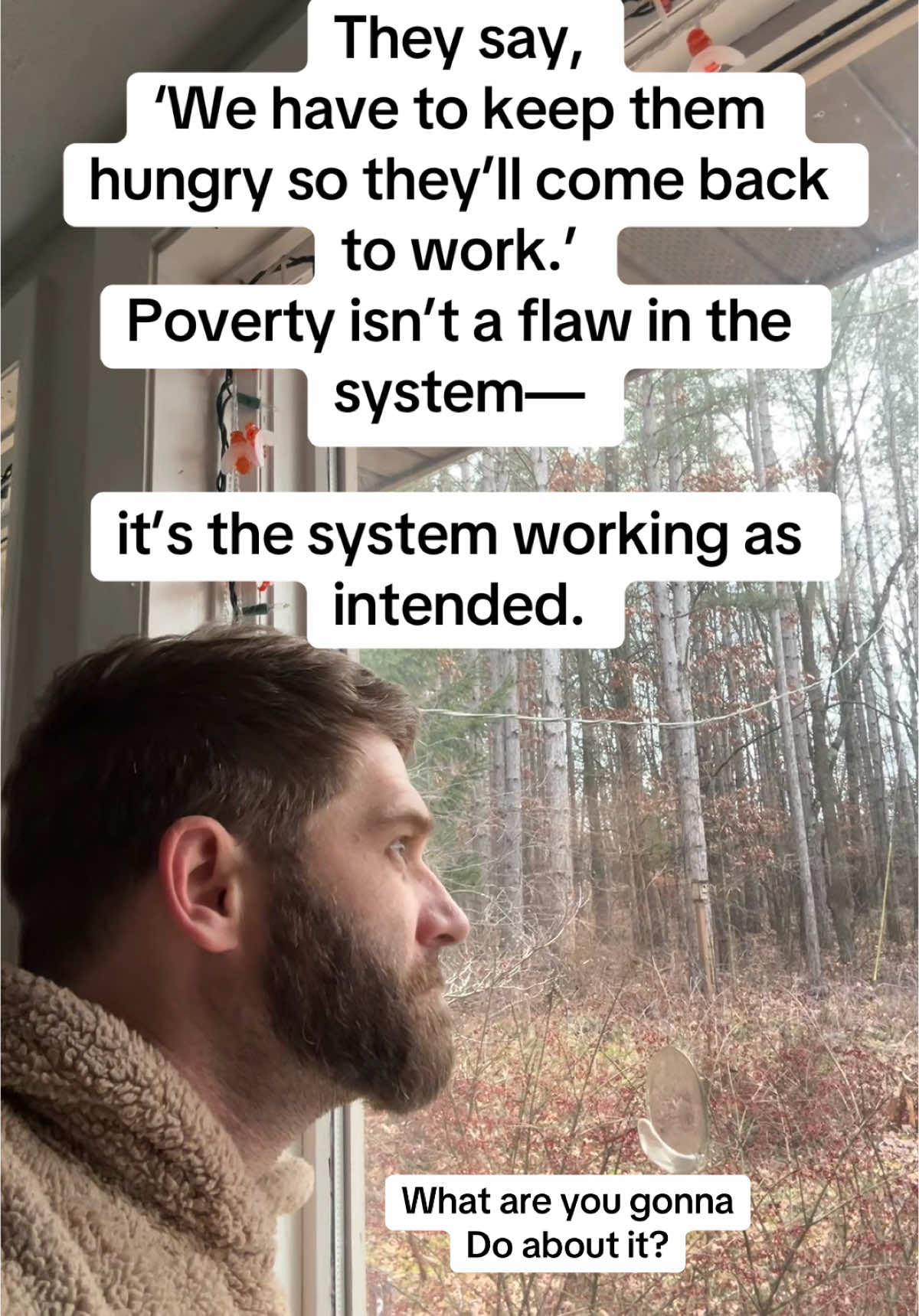your tulips
Region: MY
Tuesday 11 October 2022 10:37:22 GMT
285265
14240
156
4972
Music
Download
Comments
alviiii :
thank
2024-11-06 09:01:08
0
Boa Maiza😘 :
up
2022-10-11 15:06:49
4
mekna ♥️ :
rindunya kat arwah datuk 😭😭
2022-10-11 11:01:34
58
eyshaaa. :
sye pandai mop pantai.
2022-10-11 11:49:19
11
a :
kuatkan hati ini yallah
2022-10-11 11:21:17
42
🎀 :
beratnya tanggung rindu dkt orang yg sudah tiada..rindu ibu😞💔
2022-10-11 13:47:16
31
ناظم :
t Saya rindu nya arwah ibu😭😭😭 tempatkanlah ibuku ke syurga
2022-10-11 11:24:29
14
hzim_03 :
rindu kenangan dulu 🥲
2022-10-11 13:59:37
10
To see more videos from user @racunbyserra, please go to the Tikwm
homepage.





